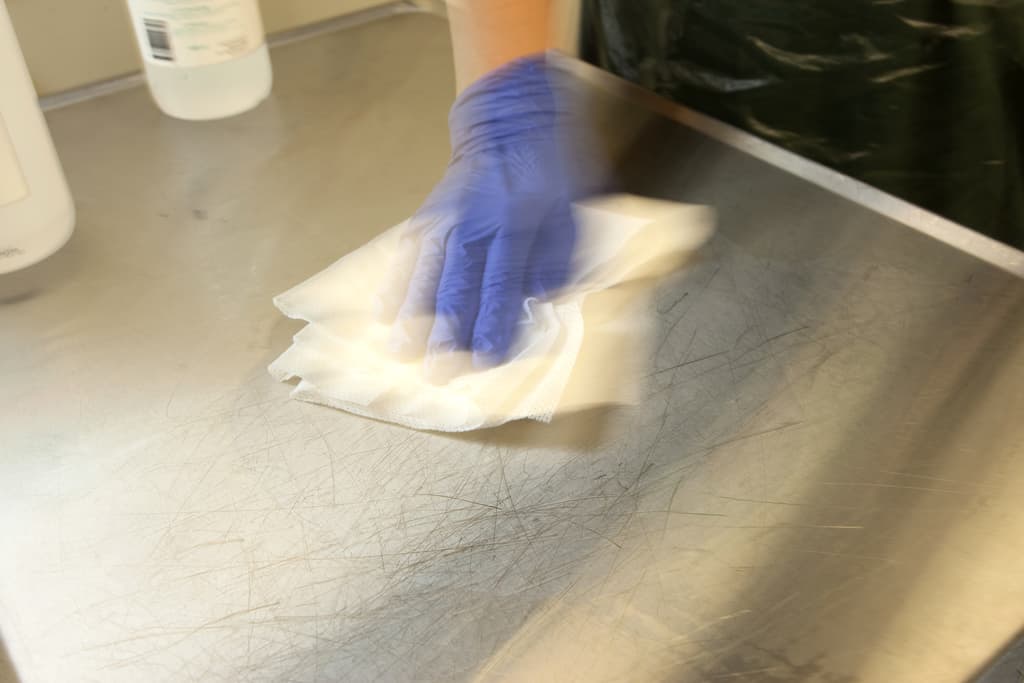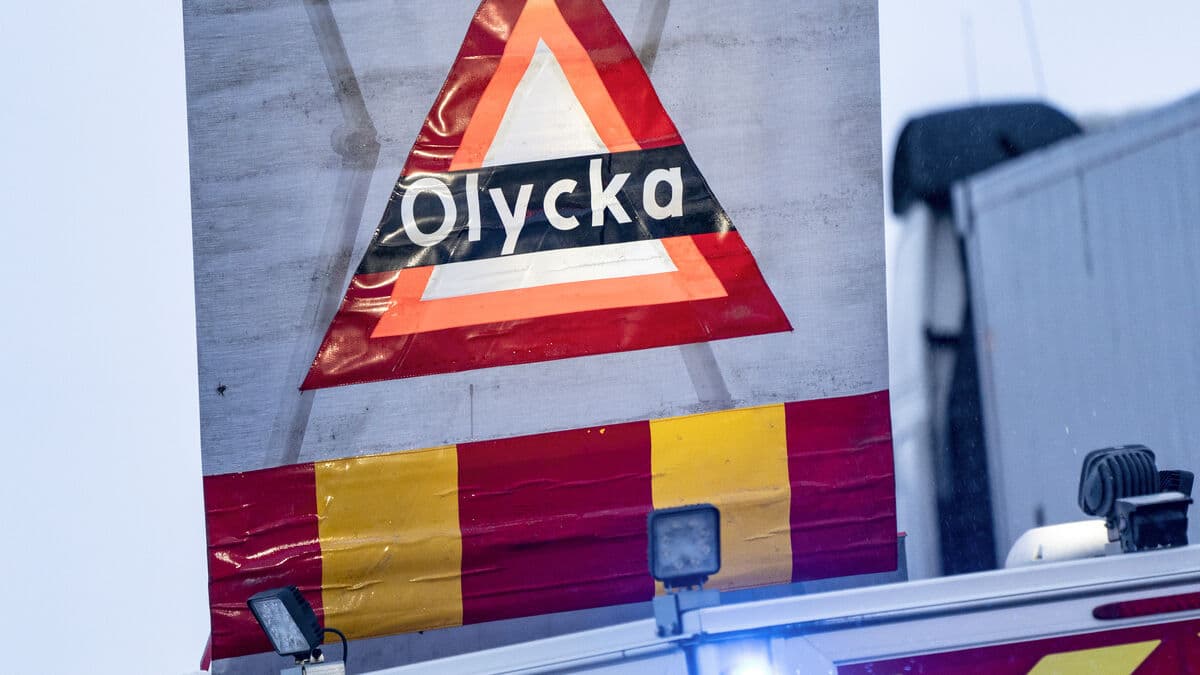The technology developed at Chalmers in Gothenburg is called thermal chemical recycling and is based on a process called steam cracking.
In steam cracking, the waste is broken down when mixed with sand and heated to 800 degrees. The plastic molecules are broken down and converted into a gas that can be used to produce new plastic.
According to Martin Seemann, a lecturer at Chalmers' Department of Energy Technology, there is interest from both manufacturers of medical materials and the chemical industry, where coal and hydrogen compounds can be separated and replace fossil materials currently used in production.
You want to achieve a circular material flow, he says.
In 2019, there were 4,000 tons of healthcare-related plastic waste. This waste can now be used in the recycling of other plastic waste and with the thermal chemical technology, according to the latest research.
It's technically and economically feasible. But the obstacle is that there is no facility today to realize this, says Martin Seemann.






